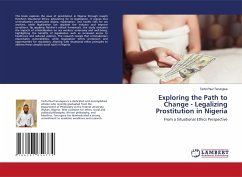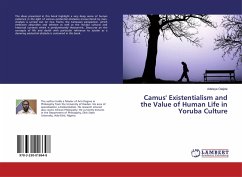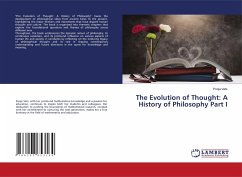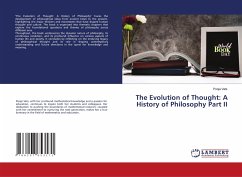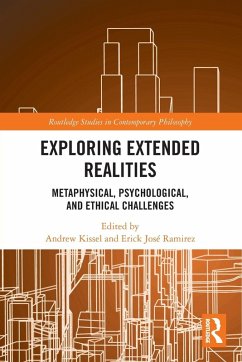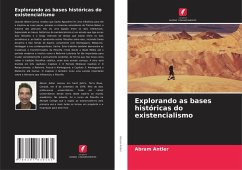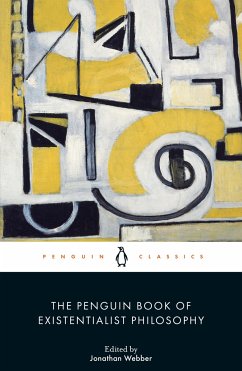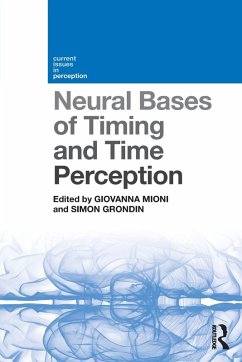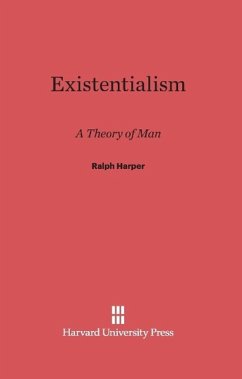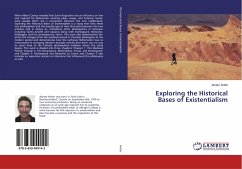
Exploring the Historical Bases of Existentialism
Versandkostenfrei!
Versandfertig in 6-10 Tagen
49,99 €
inkl. MwSt.

PAYBACK Punkte
25 °P sammeln!
When Albert Camus revealed that Saint Augustine was an influence on him and inspired his Nobel-prize winning plays, essays, and fictional novels, most people didn't see a connection between the two intellectuals. Exploring the Historical Bases of Existentialism is a study that links these two philosophers and the lengthy gap of time that exists between the two scholars and in doing so, introduces other philosophers in between including Saints Anselm and Aquinas along with Kierkegaard, Nietzsche, Heidegger, and his contemporary, Sartre. This work also demonstrates the shifts and changes from th...
When Albert Camus revealed that Saint Augustine was an influence on him and inspired his Nobel-prize winning plays, essays, and fictional novels, most people didn't see a connection between the two intellectuals. Exploring the Historical Bases of Existentialism is a study that links these two philosophers and the lengthy gap of time that exists between the two scholars and in doing so, introduces other philosophers in between including Saints Anselm and Aquinas along with Kierkegaard, Nietzsche, Heidegger, and his contemporary, Sartre. This work also demonstrates the shifts and changes from the medieval period in Christian philosophy to the modern period and demonstrates how the Lutheran Reformation was so instrumental in changing Western thought entirely that there was no way to revert back to the Catholic philosophical tradition where this study begins. The work is divided into three chapters: Chapter 1: The Medieval Period; Chapter 2: The Renaissance, Reformation, Pascal, and Kierkegaard; and Chapter 3: Kierkegaard and Nietzsche to Camus and Chapter 3 also includes an important section on literature that influenced the philosophy as well.



